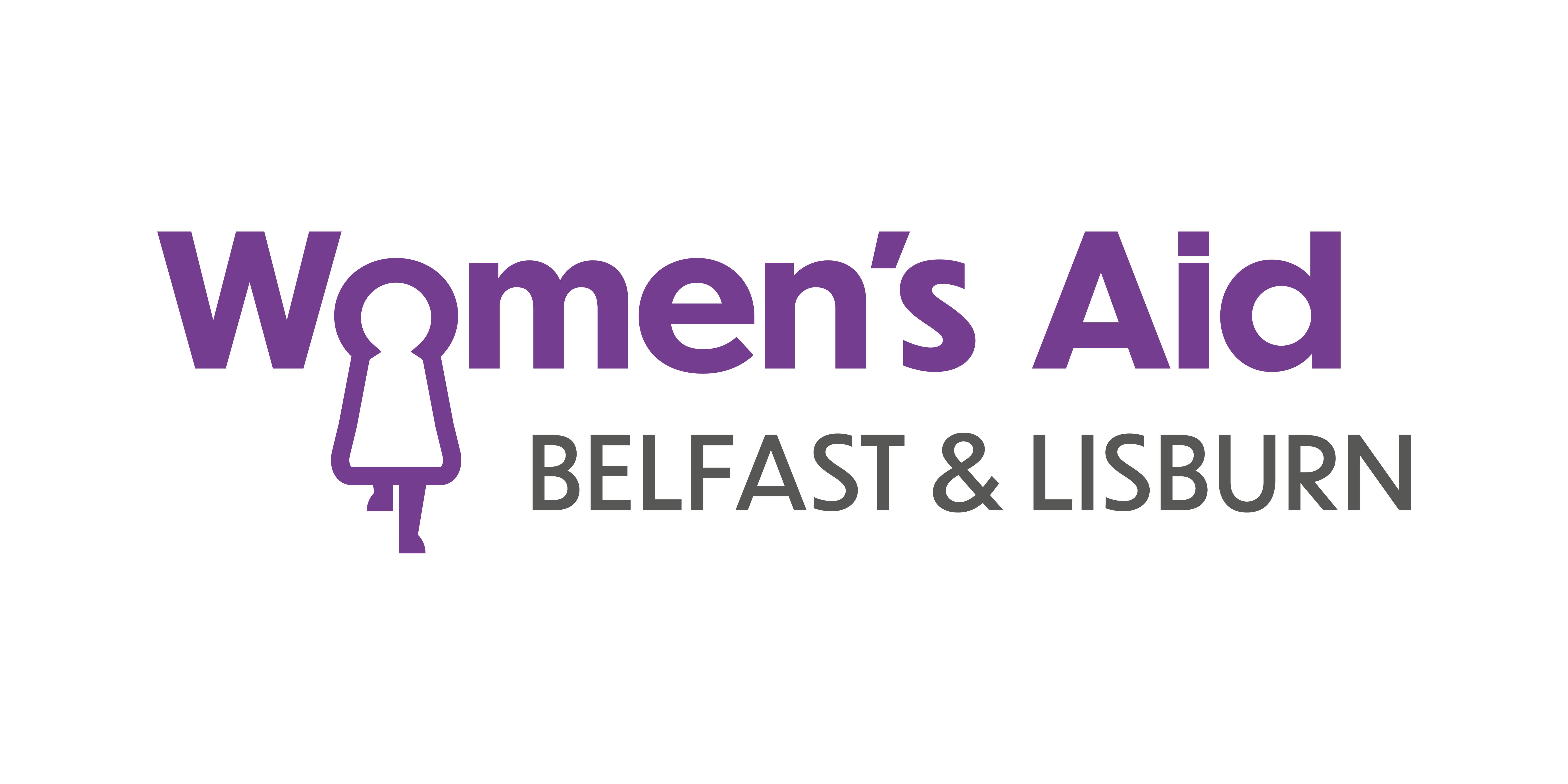Emotional abuse and mental health
To mark Mental Health Awareness Week 2021 we wanted to shine a light on emotional abuse and mental health. We understand that the term ‘mental health’ means different things to different people, however for the purpose of this post we will be using the explanation below, given by the UK charity Mind:
“Good mental health means being generally able to think, feel and react in the ways that you need and want to live your life. But if you go through a period of poor mental health you might find the ways you’re frequently thinking, feeling or reacting become difficult, or even impossible, to cope with.”
According to Mind, mental health challenges affect around 1 in 4 people in any given year. Data shows that 1 in 4 women in Northern Ireland will experience domestic abuse in their lifetime. We know from our work that some women will experience both mental health challenges and domestic abuse. In this post we will discuss the relationship between domestic abuse – specifically emotional abuse – and mental health, and the range of ways one can affect the other.
Emotional abuse meaning
N.B. In this post we are referring to emotional abuse in the context of an intimate partner relationship. Emotional abuse can also occur in other dynamics such as parent and child and sibling relationships.
The meaning of emotional abuse (sometimes called psychological abuse) is when a person repeatedly uses non-physical actions to purposefully hurt, scare, or manipulate someone else, influence or distort their thoughts and actions, and change their sense of who they are.
Emotional abuse is often used by perpetrators as a way to control their partner and diminish their sense of self-worth. Emotional abuse is commonly experienced along with other forms of abuse; for example we often see women who have experienced emotional abuse as well as physical or sexual abuse.
Experiencing emotional abuse can lead to the development of mental health challenges, and being subjected to emotional abuse if you already have poor mental health can make your mental health worse. From our work we have also seen instances in which perpetrators take advantage of a victim’s mental ill health and weaponise it, using it as an excuse for their actions or using it against the victim to cause them hurt or confusion.
According to SafeLives UK’s 2019 report, 91% of domestic abuse survivors stated that they had experienced psychological/emotional abuse at some point in their relationship with nearly 50% of those reporting experiencing this abuse regularly.
Signs of emotional abuse in a relationship
There are many signs of emotional abuse to be aware of either in your own relationships or those of your friends, family and colleagues. These include the perpetrator:
- Always telling you lies or exaggerating
- Putting you down or constantly belittling you
- Denying their actions or something they said, even though you know they did/said something
- Making you feel like you’re “crazy” or imagining things (gaslighting)
- Blaming your mental health for what they do
- Constantly calling you names
- Shouting, screaming and swearing at you to intimidate you
- Purposely embarrassing you in public, or around friends and family
- Denying their abuse i.e. telling you you’re overreacting to them shouting at you or calling you names
- Stopping you from socialising with work colleagues, friends or family
- Threatening to get you detained under the Mental Health Order
The effects of emotional abuse
Emotional abuse has many effects on the victim, even if the abuse stops. These effects can include strained familial relations or friendships, difficulty trusting people, and feelings of isolation and loneliness.
Emotional abuse can also cause victims to develop mental ill health disorders such as anxiety, depression, post-traumatic stress disorder and sometimes can cause suicidal thoughts. In fact, according to Women’s Aid England, “it is now well accepted that abuse…is often the main factor in the development of depression, anxiety and other mental health disorders”.
Not only can suffering emotional abuse from a partner cause mental health challenges, but it can also make pre-existing mental health diagnoses worsen. As we mentioned above, perpetrators often use their victim’s anxiety, depression or other diagnosis against them, effectively using their victim’s challenges to make them feel weaker or less like themselves.
Not only are the effects of emotional abuse damaging to the victim’s mental health, but they also affect the community around the victim, creating implications for their financial stability, employment status and physical health.
Whether a person has existing mental ill health or not, emotional abuse can be devastating for their overall health and wellbeing. The long term effects of emotional abuse can incredibly damaging to the victim’s confidence and self-esteem, which in turn can make their relationships with family, friends, colleagues and future partners difficult.
What Women’s Aid can do to help you
Your partner subjecting you to emotional abuse, whether it is accompanied by other forms of abuse or not, is unacceptable; no-one deserves to have their identity and self-worth belittled and attacked.
We understand that the impact of emotional abuse can be devastating for your mental health and that’s why we’re here to support you. We have specialist staff who are trained to support women from all backgrounds who are experiencing or have previously experienced emotional abuse. In our team we have a range of counsellors who are experts in providing support for women who have experienced emotional abuse. We also work closely with mental health services in the Belfast and Lisburn areas to source help for women and children whose need more specialist support.
You are not alone – we are here to support you, no obligations and no judgements. You do not have had to have reported any incidents or crimes to the police, nor will we make you do so if you don’t want to.
Call us: 028 9066 6049
Email us: support@Belfastwomensaid.org.uk
Chat to us: via our website Monday – Friday 9am to 5pm and until 8pm on Thursdays – just click the chat box on the right hand side
Show all posts

